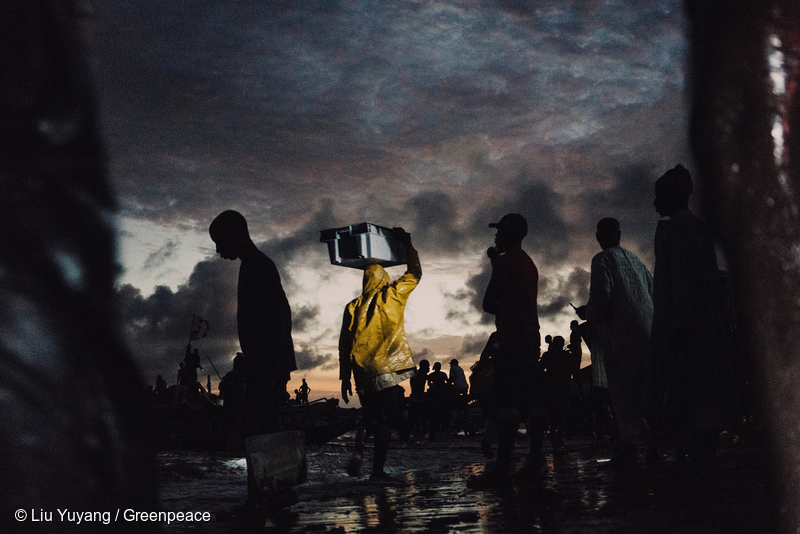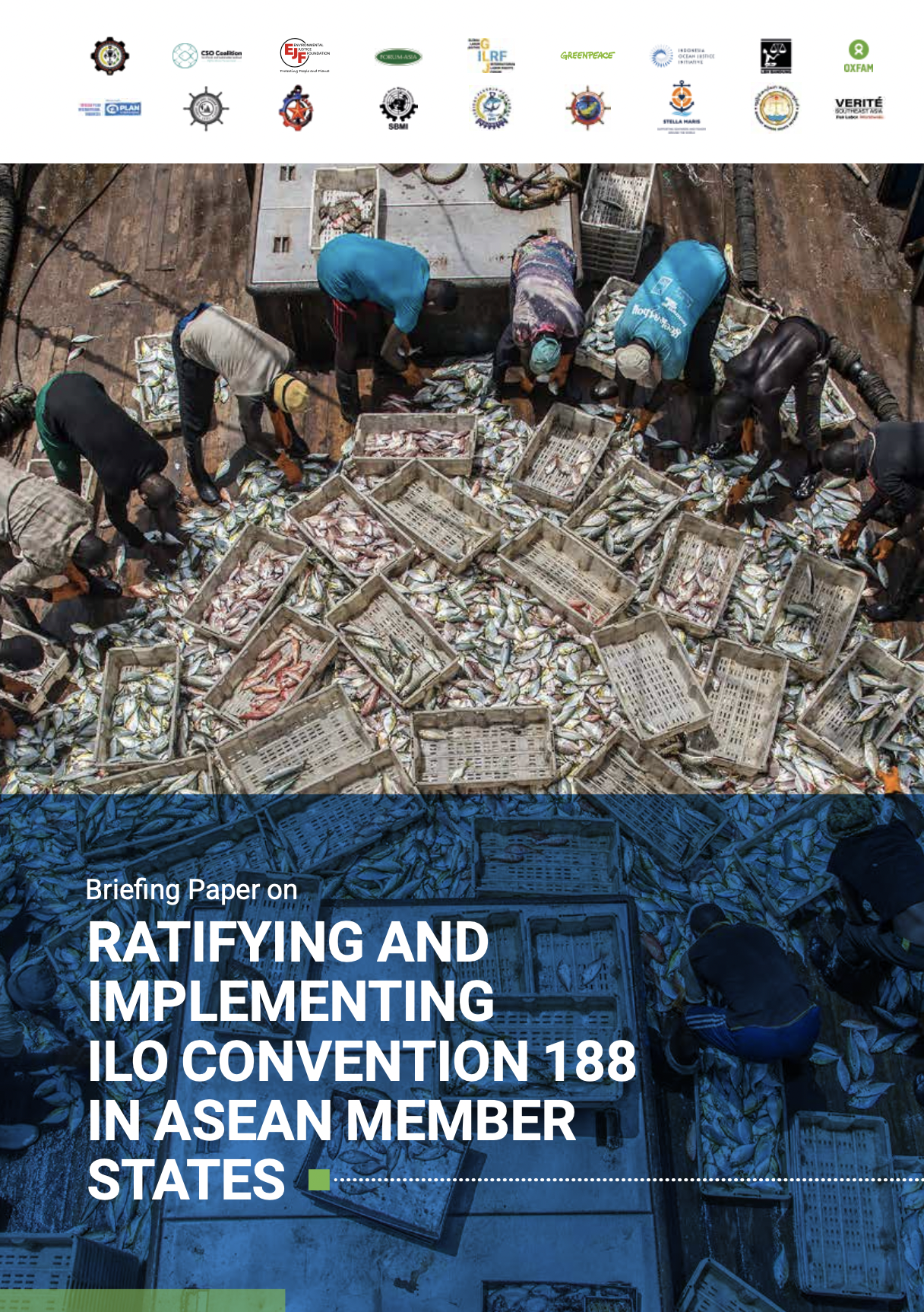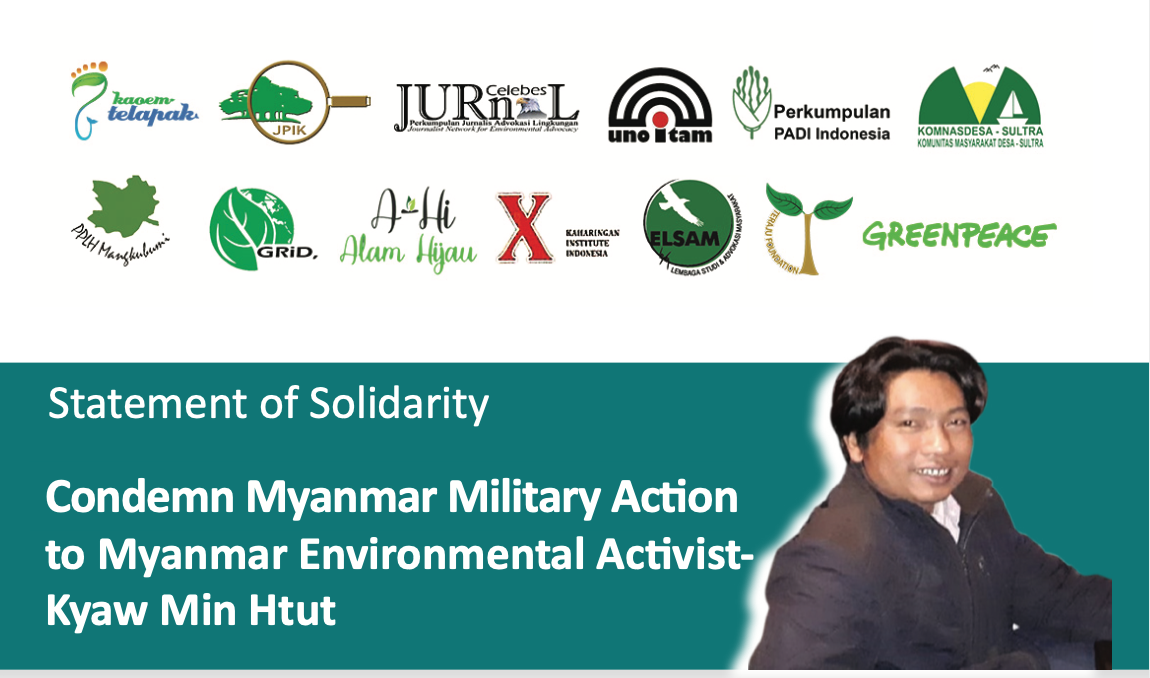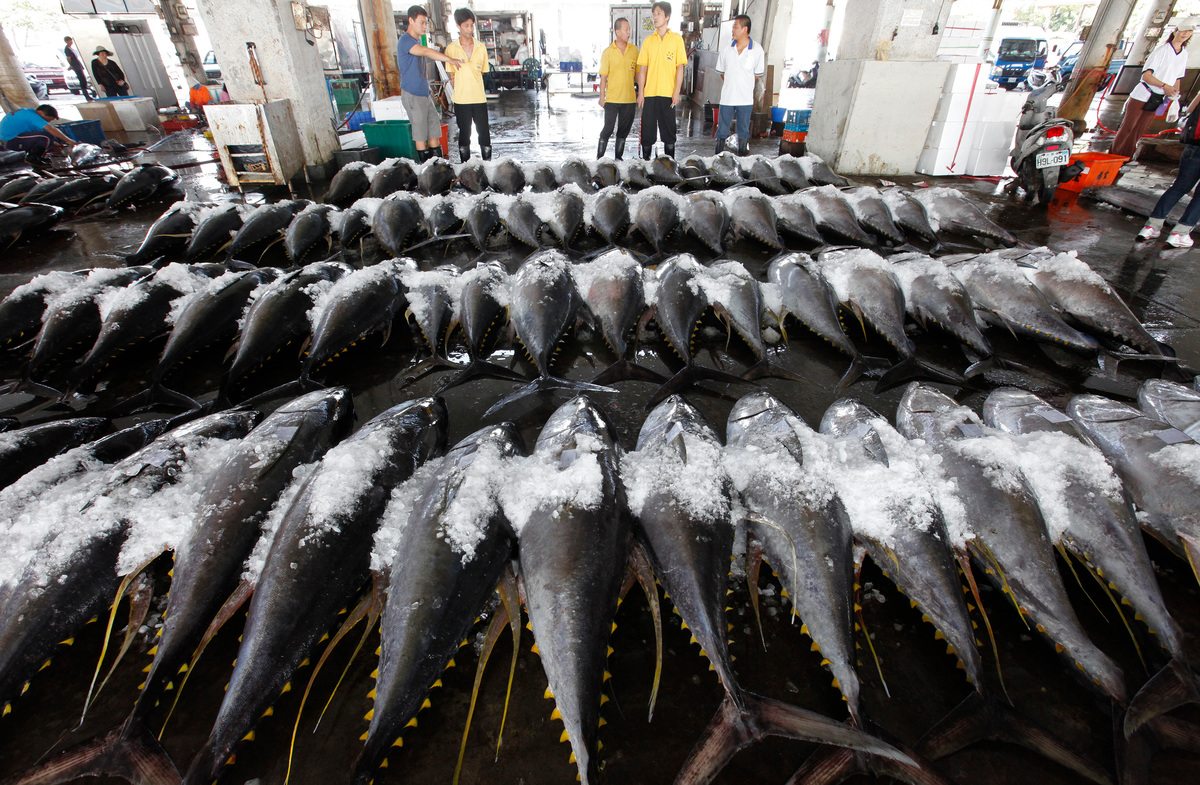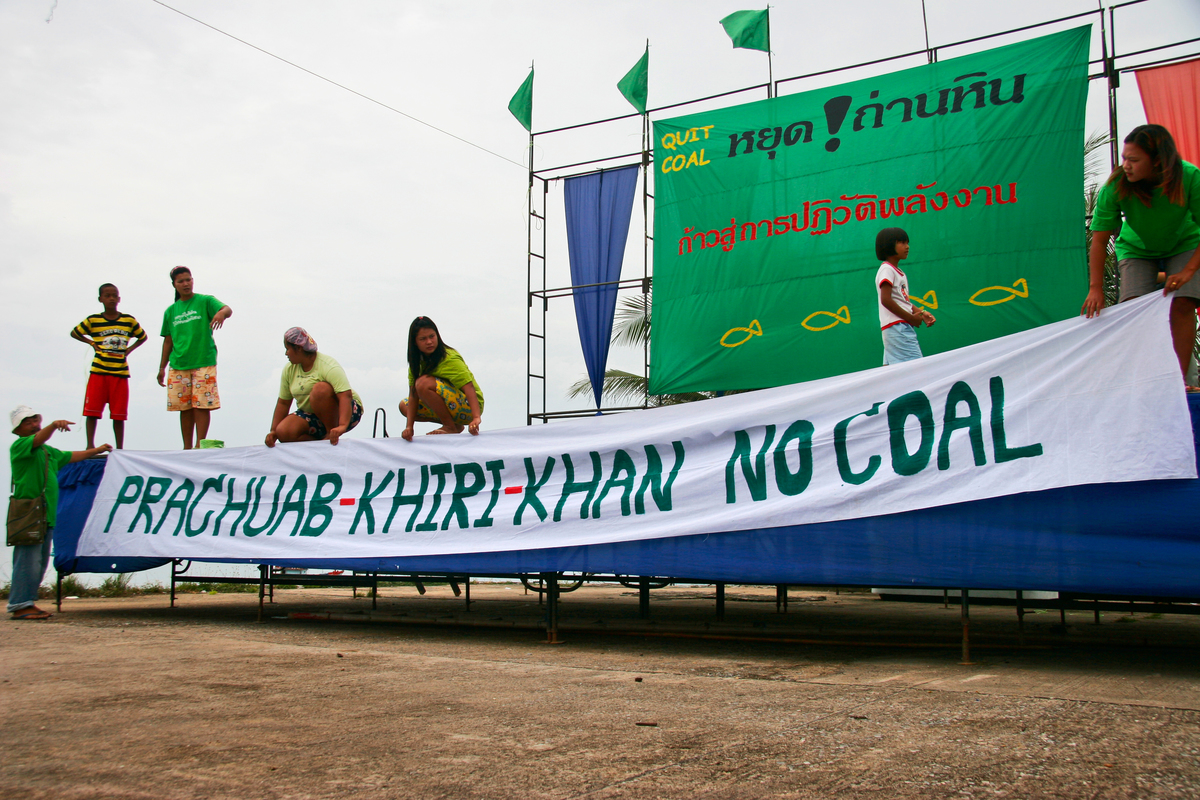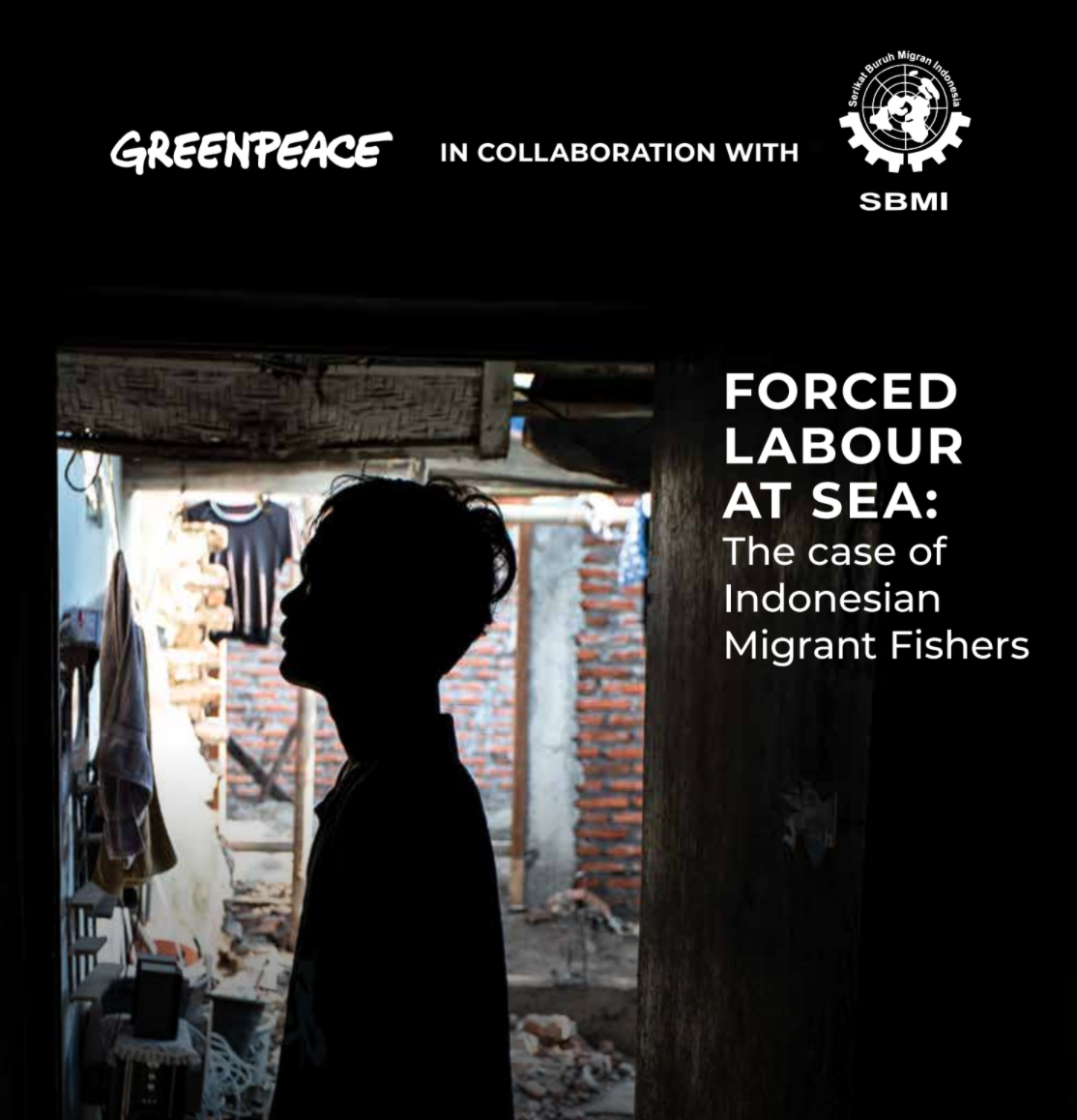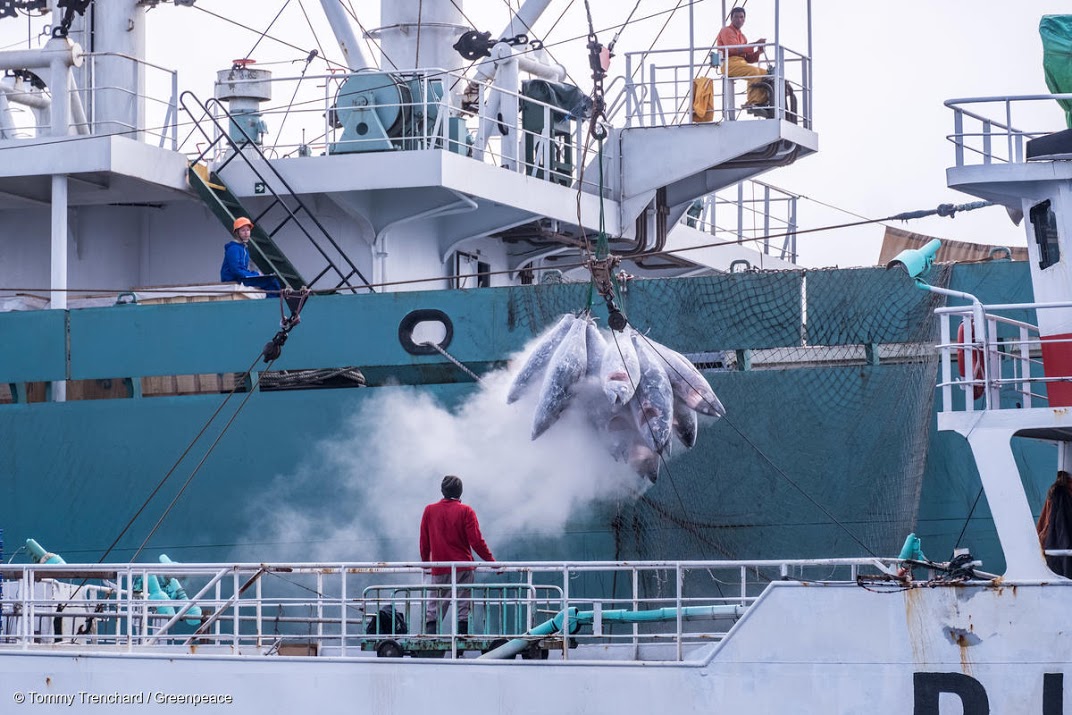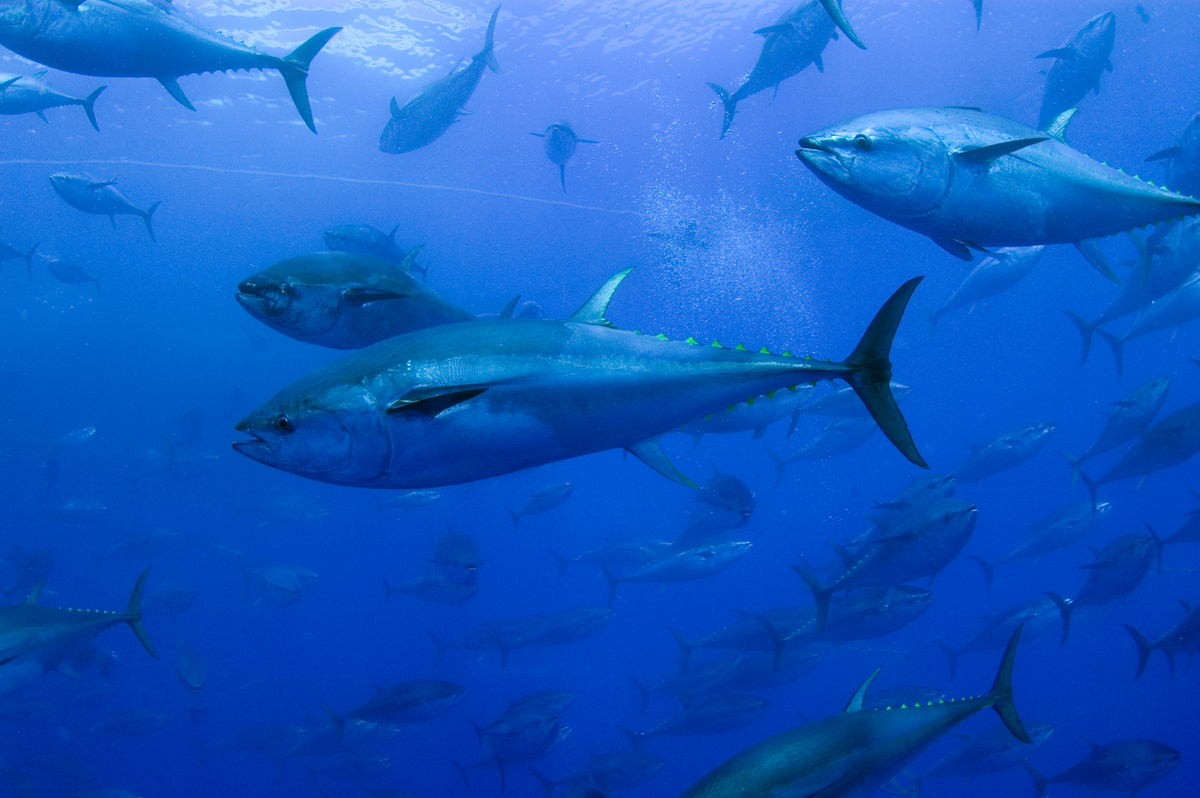All articles
-
24 civil organizations call on ASEAN to better protect migrant fishers’ rights
Jakarta, Indonesia, 28 September 2021— Key human rights, migrant worker, and crime government agencies are failing to protect and meet the needs of Southeast Asian migrant fishers working on-board distant…
-
Ratifying and Implementing ILO Convention 188 in ASEAN Member States: Briefing Paper
There is rapidly growing concern over acts of forced labour and human trafficking in the fishing industry on a global scale.
-
Statement of Solidarity: Condemn Myanmar Military Action to Myanmar Military Activist – Kyaw Min Htut
We, the undersigned, have learned that our colleague, respected forests and rights defender and democracy advocate Kyaw Min Htut has been arrested and detained by the junta in Myanmar. He…
-
Organizations urge U.S. to block imports from Taiwanese seafood giant over forced labor concerns
FCF, which last year acquired major US tuna brand Bumble Bee Seafoods, has previously been accused of poor supply chain management with forced labor, human trafficking, IUU (illegal, unreported, and unregulated) fishing, and illegal shark finning via its vessels, as well as potential links to the deaths of a fishery observer and an Indonesian migrant…
-
US government block fishing vessel on suspicion of forced labor – Greenpeace Southeast Asia response
“To ensure the rights and life of fishing crews are protected, we need flag states to uphold international standards and perform proper oversight and safety of their ships so decent work at sea can be achieved."
-
A leader’s legacy. A people’s victory.
Confronting the coal industry has never been easy, and it will never be. But the people of Prachuab Khiri Khan have proven that if everyone came together, overcame their fears and resisted as one, they can persevere and achieve the impossible.
-
Forced Labour at Sea: The Case of Indonesian Migrant Fisher
In this report, a follow up to "Seabound: The Journey to Modern Slavery on the High Seas” (2019), Greenpeace Southeast Asia analysed complaints from Indonesian migrant fishers over a 13 month period between 2019 - 2020 to show how forced labour indicators have increased.
-
Withholding of wages tops forced labour allegations
“Forced Labour at Sea: The Case of Indonesian Migrant Fishers”, looked at complaints from Indonesian migrant fishers filed with SBMI from May 2019 to June 2020 (13 months) to highlight the patterns and types of forced labour accusations on distant water fishing fleets.
-
Why World Tuna Day matters to all of us right now
World Tuna Day is here to remind us of the importance of how we, as a species, work within the boundaries of our environment: something we’re becoming acutely aware of now on a global scale.
-
We cannot afford fish that costs lives
Small-scale fisheries and traditional and subsistence fisherfolk all around the world are proving that there is a better way to catch and distribute seafood. It’s past time we look to them and demand a better normal for the world’s fisheries.


